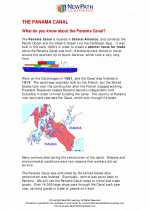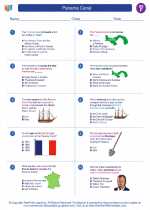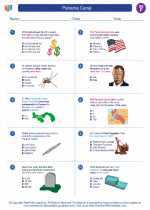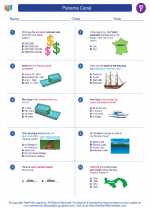Songkran: The Thai New Year
Songkran is the Thai New Year festival, which is celebrated from April 13 to 15 every year. The festival is known for its water fights, lively parades, and religious ceremonies. Songkran marks the end of the dry season and the beginning of the traditional Thai New Year. It is a time for family reunions, paying respect to elders, and cleansing rituals.
History and Origins
Songkran has its roots in ancient traditions and customs, with its name derived from the Sanskrit word "sankranti", which means "astrological passage". The festival also has historical and religious significance, as it is a time for people to visit temples, make offerings, and pour scented water over Buddha statues as a way of cleansing and purifying for the new year.
Celebrations
The main highlight of Songkran is the water festival, where people engage in friendly water fights using water guns, buckets, and hoses. This tradition symbolizes the washing away of bad luck and misfortunes, and the welcoming of a fresh start. Additionally, colorful parades, traditional performances, and beauty pageants are organized, adding to the festive atmosphere.
Customs and Traditions
During Songkran, it is customary to perform the "rod nam dum hua" ritual, where younger individuals pour scented water over the palms of their elders as a sign of respect and to seek blessings for the new year. People also visit temples to make merit, offer food to monks, and take part in traditional Thai dances and ceremonies.
Study Guide
- What is the significance of the Songkran festival in Thai culture?
- Explain the historical and religious roots of Songkran.
- Describe the main traditions and customs associated with the festival.
- How is the "rod nam dum hua" ritual performed during Songkran?
- Discuss the symbolism behind the water fights during the festival.
By understanding the history, customs, and significance of Songkran, one can gain deeper insights into the rich cultural heritage of Thailand and the importance of traditional celebrations in shaping the country's identity.
.◂Social Studies Worksheets and Study Guides Sixth Grade. Panama Canal

 Worksheet/Answer key
Worksheet/Answer key
 Worksheet/Answer key
Worksheet/Answer key
 Worksheet/Answer key
Worksheet/Answer key
